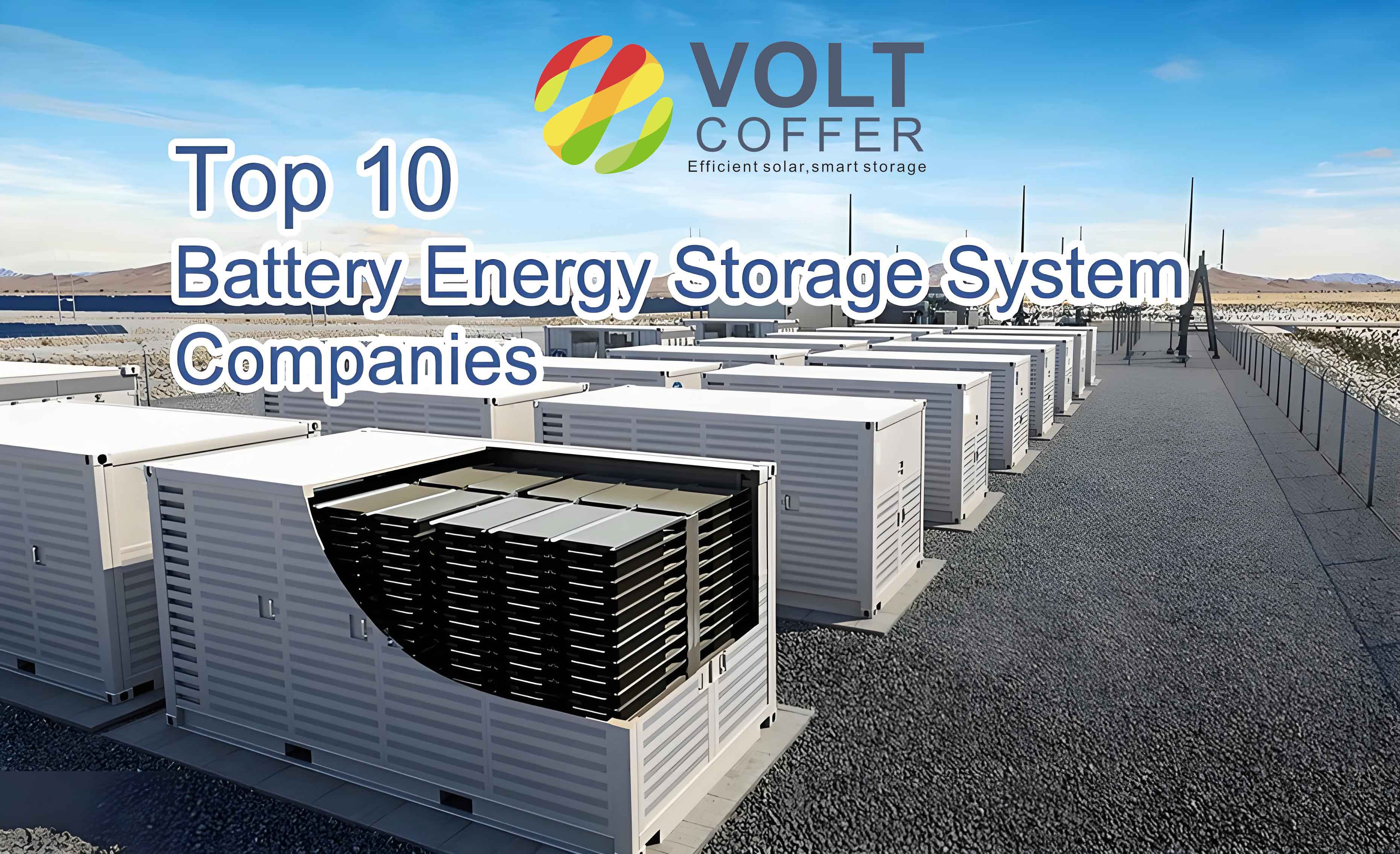
This focuses on the battery management technology and inverter control technology in the energy storage system of distributed power supply systems, and has achieved the following main research results:
- Battery Equalization Charging Control: For the switched-resistor and fly-back converter equalization circuits, the corresponding equalization charging control strategies are proposed to achieve fast charging of the battery pack and reduce the impact of the inconsistency of the single battery on the cycle life of the battery pack.
- Electromagnetic Radiation Suppression of Inverter Power Supply: The frequency hopping modulation technology is used to modulate the output spectrum of the single-phase inverter power supply, reducing the amplitude of the output harmonics and effectively suppressing the electromagnetic radiation.
- Power Flow Analysis and Control of Parallel Inverter Power Supply: By studying the power flow of the parallel inverter power supply in polar coordinates, a method of decomposing the output power vector into two orthogonal sub-vectors is proposed, and the droop control design methods for various parallel inverter power supplies are summarized. An output circulating current decoupling parallel control strategy for the inverter power supply is also proposed. Through the decoupling control of active and reactive circulating currents, the precise adjustment of the output voltage amplitude and phase of the inverter power supply is realized.
- Current Hysteresis Control of Grid-Connected Inverter Power Supply: A constant frequency current hysteresis control strategy for the grid-connected inverter power supply based on switch time prediction is proposed. This strategy does not require the processing of the hysteresis width, simplifies the control circuit, retains the fast response speed of the traditional current hysteresis control, and achieves a constant switching frequency of the inverter power supply.
However, there are still some issues that need to be further explored and solved in this research field:
- Battery Discharge Control Strategy: Currently, only the charging equalization control strategy for series-connected battery packs has been studied, and the discharge control strategy is also important for the energy storage system and needs to be further studied.
- Control Strategy under Nonlinear Loads: At present, the parallel control strategy of the inverter power supply has only been studied under linear loads, but in practice, the loads are mostly nonlinear loads (such as rectifier loads), and the control strategy needs to be optimized and improved for nonlinear loads.
- Parallel Control of Three-Phase Inverter Power Supply: In high-power applications, the parallel control of three-phase inverter power supply is an important direction for future applications and development.
- Combination of Grid-Connected Control and Maximum Power Point Tracking: In renewable energy power generation applications, maximum power point tracking is usually required. Combining grid-connected control with maximum power point tracking can deliver more energy to the grid, and research in this area is very necessary.
- Grid-Connected Control of Three-Phase Inverter Power Supply: In high-power renewable energy power generation applications, the grid-connected control of three-phase inverter power supply is crucial and requires strengthened research.
In summary, there is still much room for research in the battery management and inverter control technology in distributed power supply systems, and further in-depth research and improvement are needed in the future to meet the needs of practical applications.
